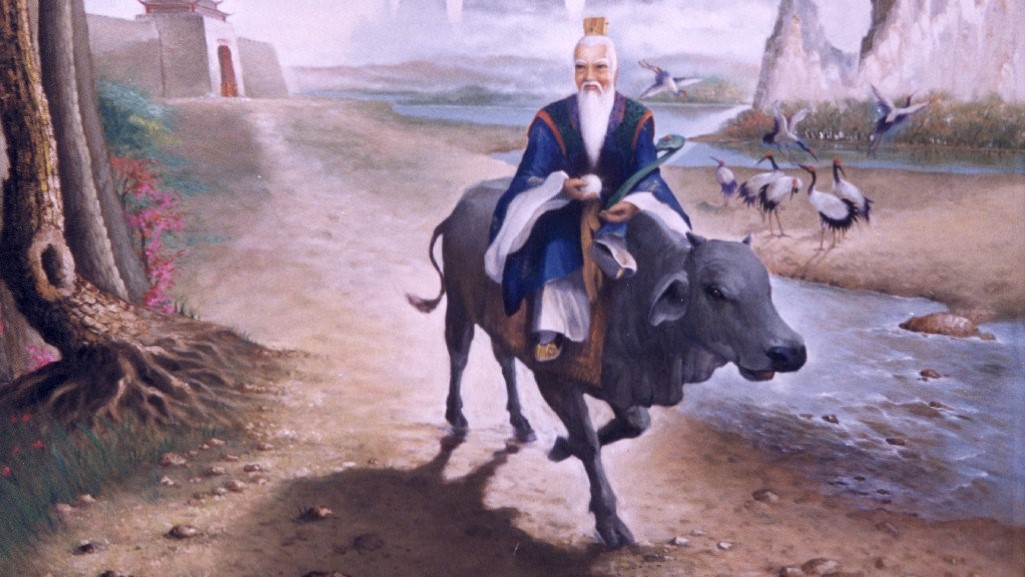Lao-tze, greatest of the pre-Confucian philosophers, was wiser than Teng Shih; he knew the wisdom of silence, and lived, we may be sure, to a ripe old age—though we are not sure that he lived at all.
The Chinese historian, Szuma Ch’ien, tells how Lao-tze, disgusted with the knavery of politicians and tired of his work as curator of the Royal Library of Chou, determined to leave China and seek some distant and secluded countryside.
“On reaching the frontier the warden, Yin Hsi, said to him: ‘So you are going into retirement. I beg you to write a book for me.’ Thereupon Lao-tze wrote a book, in two parts, on Tao and Te, extending to over five thousand words.
He then went away, and no one knows where he died.”37 Tradition, which knows everything, credits him with living eighty-seven years. All that remains of him is his name and his book, neither of which may have belonged to him.
Lao-tze is a description, meaning “The Old Master”; his real name, we are told, was Li—that is to say, a plum. The book which is ascribed to him is of such doubtful authenticity that scholars quarrel learnedly about its origin. But all are agreed that the Tao-Te-Ching—i.e., the “Book of the Way and of Virtue”—is the most important text of that Taoist philosophy which, in the opinion of Chinese students, existed long before Lao-tze, found many firstrate defenders after him, and became the religion of a considerable minority of the Chinese from his time to our own. The authorship of the Tao-Te-Ching is a secondary matter; but its ideas are among the most fascinating in the history of thought.
Durant, Will. Our Oriental Heritage: The Story of Civilization, Volume I (pp. 963-964). Simon & Schuster. Kindle Edition.
